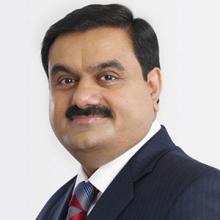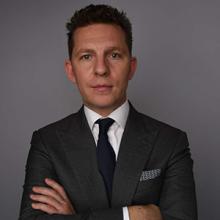David Koch and Ferdinand Piech: A tale of two successions
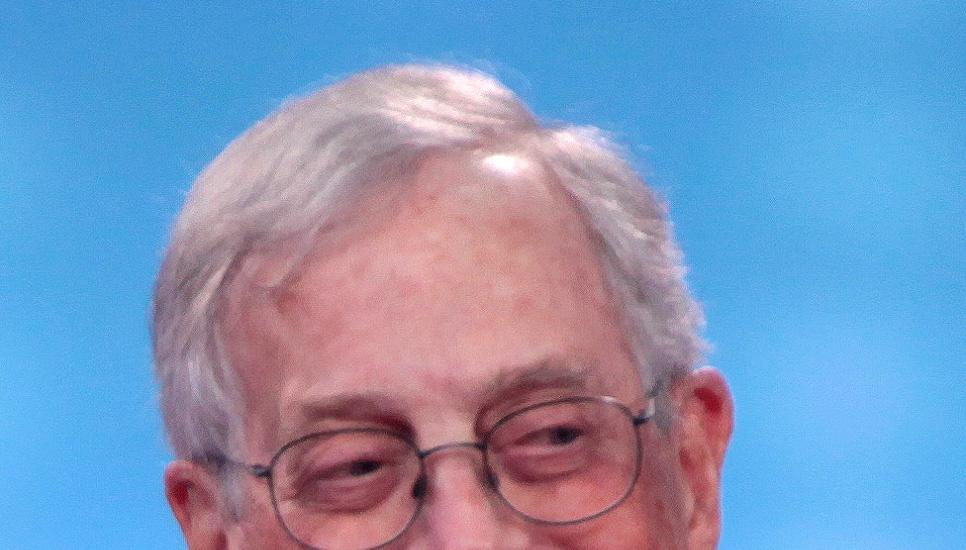
Controversial family business titans David Koch and Ferdinand Piech, who died within days of each other, shaped the era they lived in, but their approach to succession was very different.
David Koch, stockholder, director and leader in Koch Industries, died on 23 August aged 79 after years of illness including cancer. He retired as executive vice president of Koch Industries in 2018, the family business David and his brothers—eldest Frederick; Charles, chairman and chief executive; and William, his fraternal twin—inherited from their father Fred more than 50 years ago.
David and Charles bought out their other brothers after a feud over control in the 1980s-1990s and expanded the refining, pipeline and ranching business in Wichita, Kansas into the second largest privately held company in the United States. Koch Industries generated $110 billion of revenue in 2018. David and Charles retained a 42% stake each and were ranked by Forbes as the joint 11th richest person in the world.
David pledged or contributed $1.3 billion to cancer research, hospitals, think tanks and the arts, spurred by his survival of a plane crash in 1991. However, the libertarian was criticised for his conservative influence on Republican Party policies.
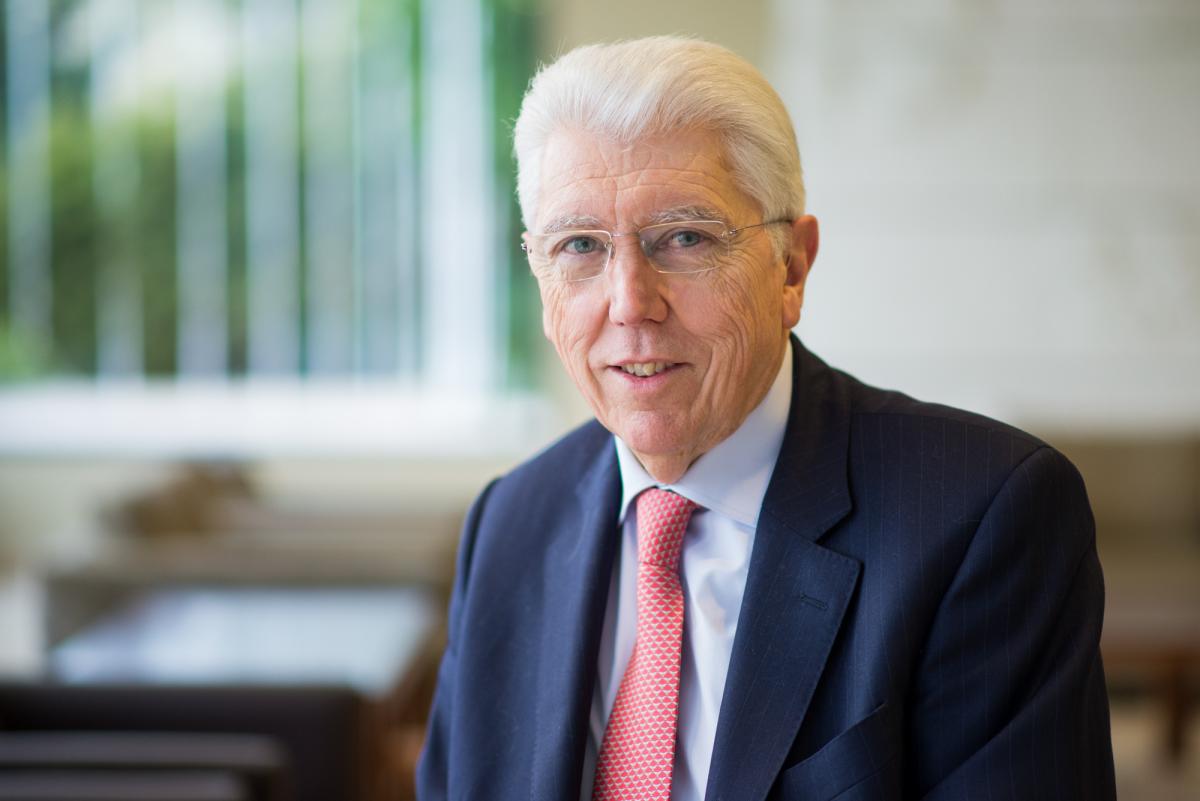 “The Koch brothers knew how to take the family-owned oil company to a large conglomerate after pruning the family tree, which is sometimes convenient,” Prof Josep Tapies (pictured), of IESE Business School in Barcelona, told CampdenFB.
“The Koch brothers knew how to take the family-owned oil company to a large conglomerate after pruning the family tree, which is sometimes convenient,” Prof Josep Tapies (pictured), of IESE Business School in Barcelona, told CampdenFB.
“However, this always involves some family costs, which will have to be borne.”
In May 1996, Koch married Julia Flesher and had three children—David Jr, Mary Julia and John. They could be considered too young to take over their father’s mantle in the near future. Instead, succession speculation has turned to the low-profile matriarch Julia and Charles “Chase” Koch, the 42-year-old son of Charles, 83. Chase was president of Koch Disruptive Technologies, the tech startup investing subsidiary, and involved in the family’s philanthropy.
“Nothing changes,” Koch spokeswoman Christin Fernandez told Bloomberg. “David’s shares remain with his family.”
Christopher Leonard, author of Kochland, a new book about the family business, told Bloomberg: “It is hard to see any scenario where this company falls apart or does poorly for any extended period of time. They built a machine that will endure.”
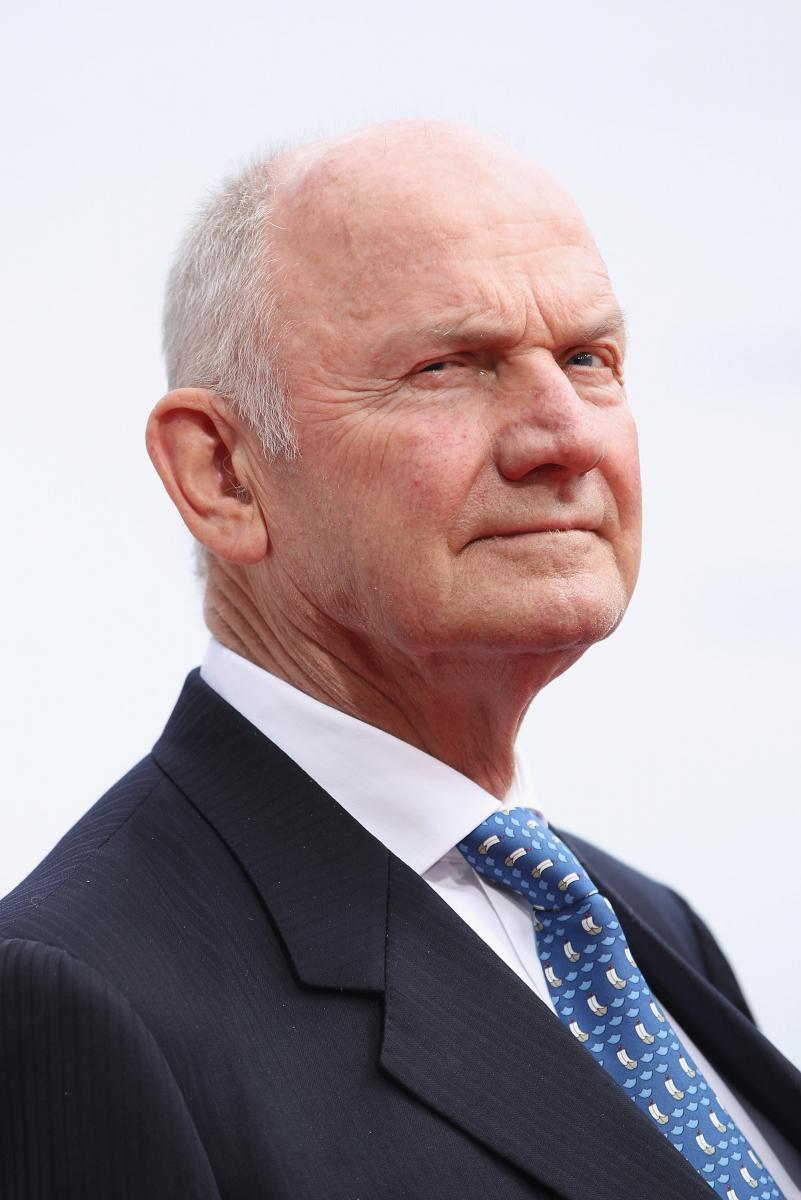 Ferdinand Piech built machines that endured disruptions, lawsuits and scandals to steer Volkswagen into the world’s largest automaker by sales, a €236 billion ($260 billion) conglomerate of 12 brands and 660,000 employees.
Ferdinand Piech built machines that endured disruptions, lawsuits and scandals to steer Volkswagen into the world’s largest automaker by sales, a €236 billion ($260 billion) conglomerate of 12 brands and 660,000 employees.
The Austrian engineer died suddenly two days after Koch on 25 August aged 82. The grandson of Ferdinand Porsche, designer of the eponymous luxury marque and the Beetle car, began his career in 1972 at Audi, rising to chief executive by 1988. He took over as chief executive of Volkswagen in 1993 and was elected chairman of the supervisory board in 2002 until he resigned in 2015. There was a power struggle in the boardroom with his protégé Martin Winterkorn.
Piech forged Porsche into a Le Mans-winning racing brand and Audi into a technologically innovative premium brand. He advanced VW’s ambitions to challenge family-owned Toyota and integrated Bentley, Lamborghini and Bugatti, Scania and MAN into the group.
Hans-Dieter Potsch, who took over as chairman, said in a statement Piech was a passionate manager, ingenious engineer and a visionary entrepreneur.
“Since the 1960s, he has significantly shaped the development of the automobile, pushing forward the entire industry and above all Volkswagen, transforming the company into a global mobility group,” Potsch said.
Tapies said the case of Piech illustrated how it was not necessarily those who bore the surname of the brand who were the most appropriate to reinvent the business in each generation.
“Piech, despite not having his grandfather's surname, was interested in the mythical brand that his grandfather had created since he was very young,” the professor said.
“In the 1990s he was able to refloat Volkswagen and, more recently, in a complex financial operation integrated Porsche into the group.”
“Piech planned his succession well. He also knew how to choose a good successor [Winterkorn], though it ended somewhat abruptly due to differences between the two.”
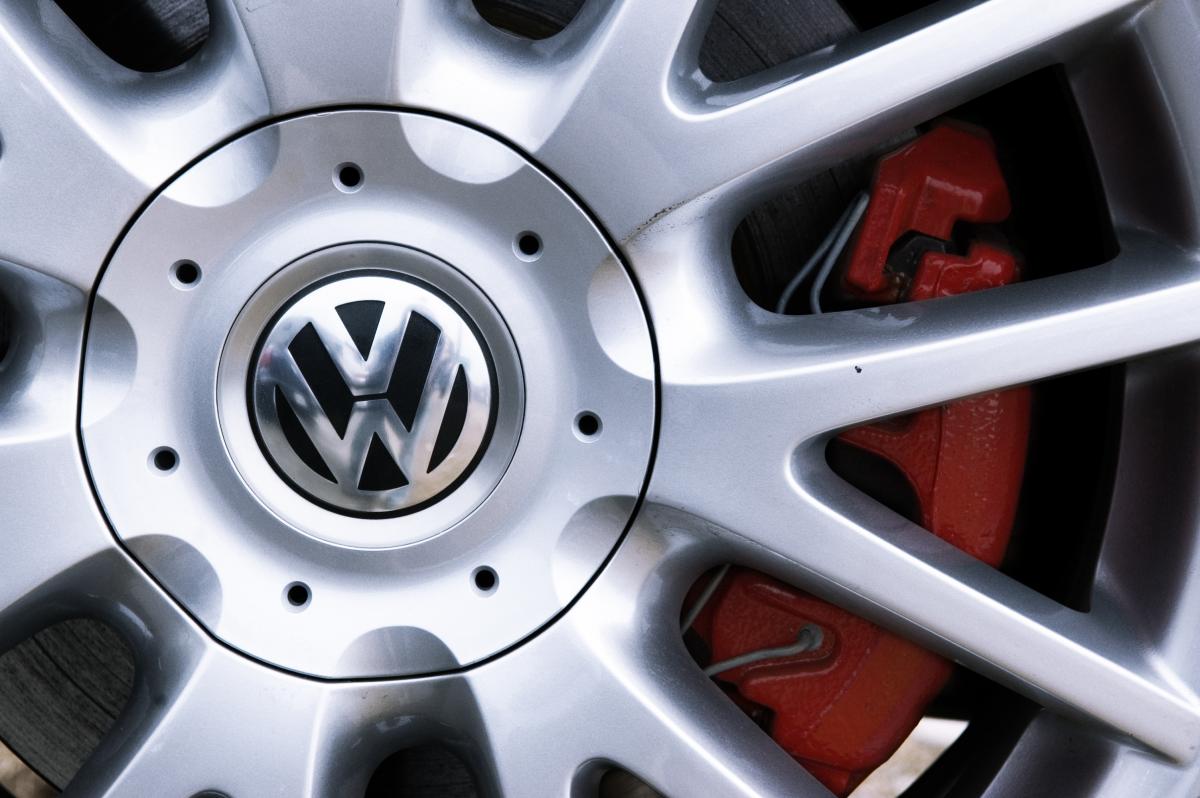 The man who said he had petrol in his veins and apparently listed his priorities as “VW, family, money” was criticised for his autocratic and abrasive management style. Volkswagen appears to be on a road to redemption with its $30 billion investment in electric vehicle manufacture after the company’s $30 billion diesel emissions scandal.
The man who said he had petrol in his veins and apparently listed his priorities as “VW, family, money” was criticised for his autocratic and abrasive management style. Volkswagen appears to be on a road to redemption with its $30 billion investment in electric vehicle manufacture after the company’s $30 billion diesel emissions scandal.
Piech’s death was announced by his wife Ursula. He is reported to have had 12 children by four different women.
In contrast to the governance structure and succession pathway of Koch Industries, there are said to be 80 members of the reclusive Porsche-Piech family. The fourth-generation clan controls 51% of Volkswagen through their family holding company Porsche SE. The company did not respond to requests for comment on its succession plans however, two ageing grandsons of Ferdinand Porsche are said to be first among equals—Wolfgang Porsche, 76, and Hans Michel Piech, 77.
“Each person must lead according to his or her personality and abilities—faking is bad long-term for the business,” Tapies said when asked what lessons families could learn from David Koch and Ferdinand Piech.
“In the case of family businesses, it is also very important to take into account the culture of the family owning the business. This culture will, after all, have a decisive impact on the successor's ability to act.”
Tapies said it was crucial not forget that a good succession process was based on four pillars: The predecessor, the successor, the company and the family.
“The predecessor must have the firm willingness to give way. Otherwise there is nothing to do.
The successor must be professionally and emotionally prepared to assume the new responsibility.
“The company must be organisationally and culturally prepared to welcome the successor. The predecessor plays a decisive role in enabling this.
“The family. Nothing will be the same with the successor in place, so the family have to be willing to assume that fact at all levels.”


